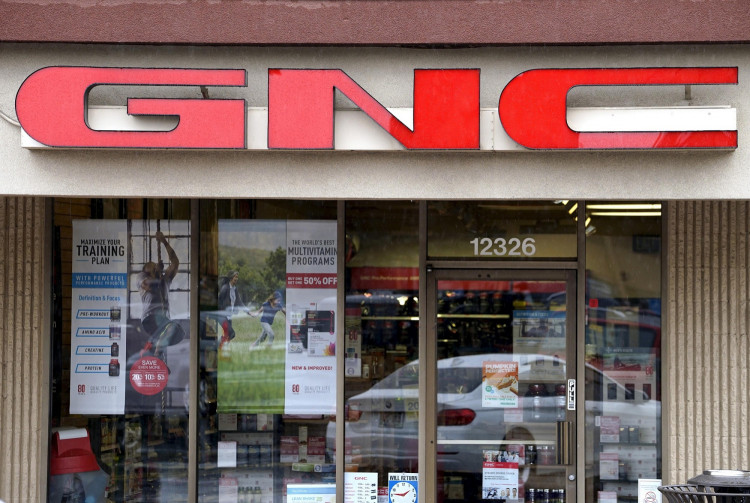Health and nutrition products retailer GNC Holdings Inc announced that it will be moving ahead with the previously planned sale of its business to its largest shareholder. The company, which filed for bankruptcy protection in June, revealed that it has agreed to a $760 million acquisition deal with Chinese pharmaceutical giant Harbin Pharmaceutical Group Holding.
GNC stated that it had also canceled its bankruptcy auction as there were no other qualified bidders that submitted proposals within the allotted time. The deadline for the submission of bids to acquire the company ended late last week.
Harbin Pharmaceutical Group Holding, one of China's largest drug manufacturers, holds a 41 percent voting interest in GNC's stock. The Chinese firm was also one of the original bidders that offered to buyout GNC after it had filed for bankruptcy.
In a press statement, GNC mentioned that Harbin Pharmaceutical was a long-time trusted partner of the company and it was only logical that it chose it to help move the business forward. GNC added that it will still need to acquire the bankruptcy courts' approval to move forward with the transaction.
Evercore Group LLC, the investment firm that provided GNC with debtor-in-possession financing during its bankruptcy, mentioned that Harbin Pharmaceutical was the only real qualified bidder to buyout the company. It added that the deal should provide the best value for both GNC and its lenders when compared to other available options.
The acquisition of one of the country's most well-known retailers by a Chinese firm has understandably raised some concerns among politicians amid the continually rising geopolitical tensions. Republican Senator Marco Rubio voiced his concerns in a press release, explaining that the sale of GNC to Harbin Pharmaceutical could lead to U.S. customer data falling into the hands of the Chinese government.
"The Chinese government engages in persistent efforts to obtain a broad range of sensitive American personal data through illicit means such as state-sponsored theft from government agencies and private companies," Rubio declared.
The politician noted that GNC had over 5,200 retail stores in the U.S. and a massive customer base. He argued that "state-directed actors" could move to purchase customer data from the company once it is under the control of a Chinese firm.





